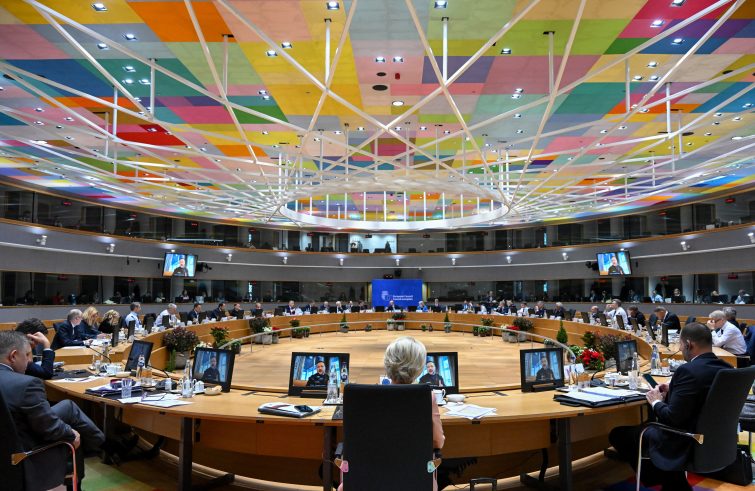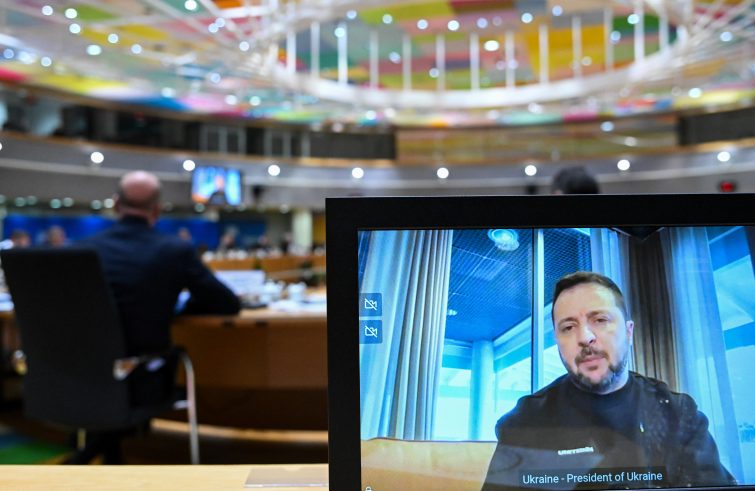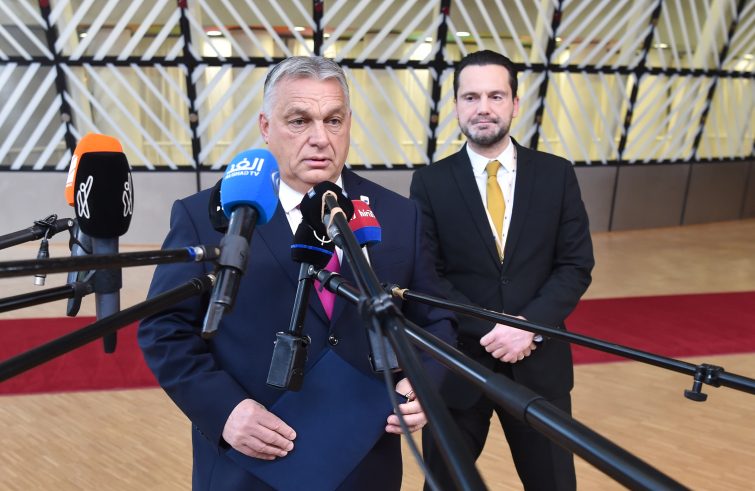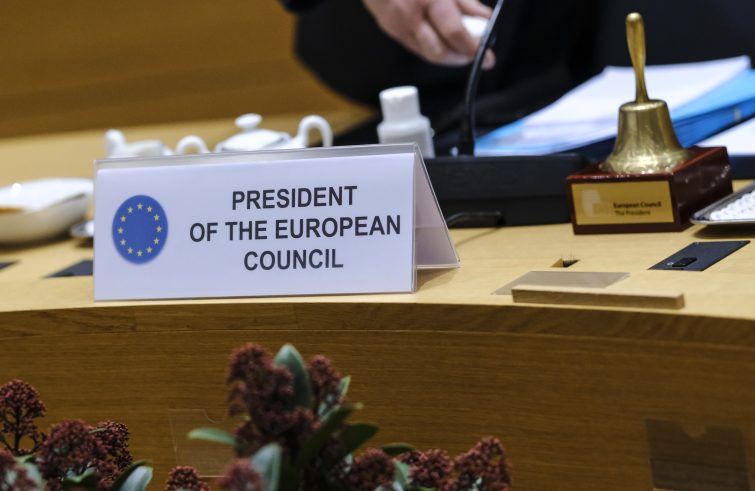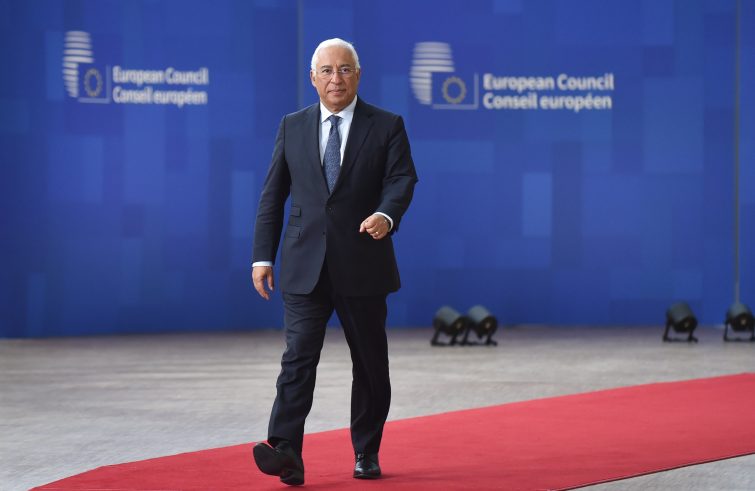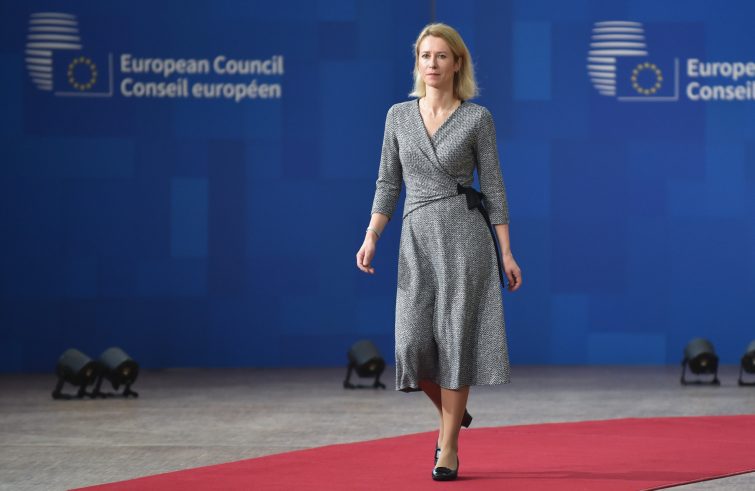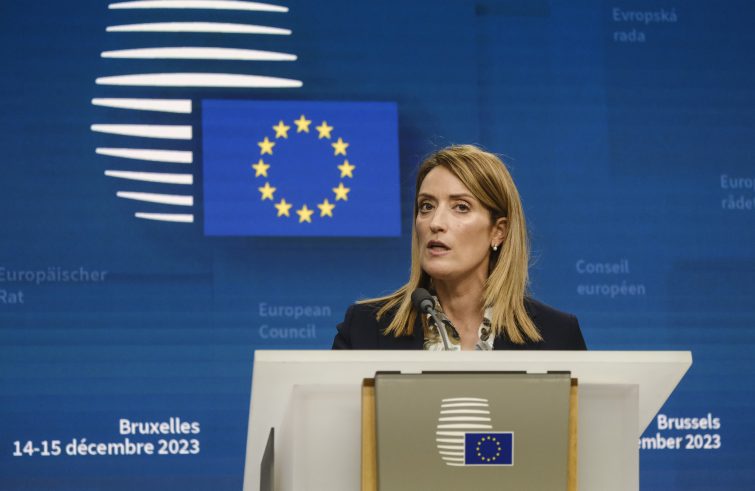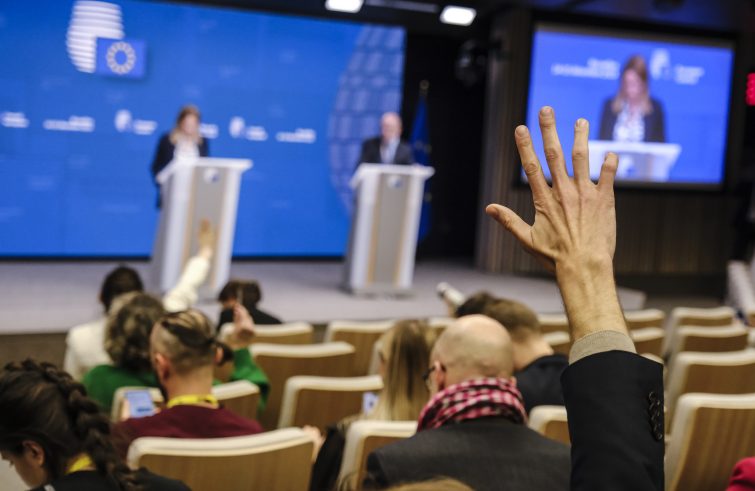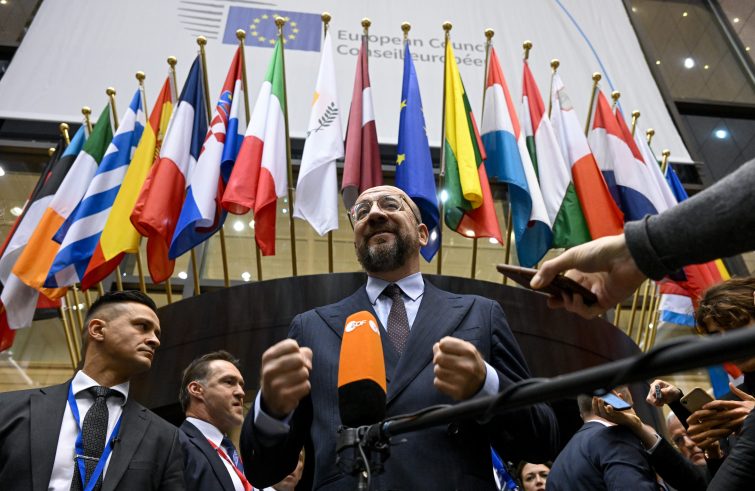
Ukraine, Georgia, the Balkans. The European Union strikes a balance by surmounting obstacles and overcoming internal objections, as it did at the most difficult moments in its history. This is what happened yesterday, late in the afternoon, when the news emerged from the Brussels summit (summits are held behind closed doors) that the EU had opened membership talks with Ukraine. There is nothing certain about it, it will probably take a long time: but it is certainly a powerful signal of rediscovered unity and a sign of hope for the Ukrainian people. The vote was (almost) unanimous, thanks to the fact that Hungarian leader Orban left the room when it was time for him to speak. This decision was enthusiastically hailed by the President of the European Council, Charles Michel, as “a clear signal of hope for the Ukrainians and for our continent”. While Ukraine’s President Volodymyr Zelenskiy said: “the EU’s decision gives us strength and relief.” But Hungarian Prime Minister Viktor Orban disagrees: “wrong decision.” But the President of the European Parliament, Roberta Metsola, came to correct him: “Europe is Ukraine, Ukraine is Europe.”
- (Photo European Council)
- (Photo European Council)
No agreement on long-term budget. But not everything went smoothly. In fact, with respect to the Multiannual Financial Framework, there was no consensus at all. So much so that this morning the President of the European Council, Charles Michel, said: “The MFF (Multiannual financial framework) Revision as set out in the document below, in all its components and priorities – i.e. support for Ukraine, migration and the external dimension (Headings 4 and 6), strategic technologies for Europe platform, NGEU (NextGenerationEU) interest payments, special instruments, new own resources and elements that reduce the impact on national budgets – is firmly supported by 26 Heads of State or Governments. We will return to it early next year”. Twenty-six out of twenty-seven. Once again, there is no unanimity. It will have to be discussed again in 2024.
- (Photo European Council)
- (Photo European Council)
Arms and ammunition: are we at war? With regard to Ukraine, the document drawn up by the Heads of State and Government states: “The European Council reiterates its strong condemnation of Russia’s war of aggression against Ukraine” and “reaffirms the European Union’s unwavering support for the independence, sovereignty and territorial integrity of Ukraine within its internationally recognised borders and its inherent right of self-defence against Russian aggression.”
The EU goes on to reaffirm its “unwavering commitment to continue to provide strong political, financial, economic, humanitarian, military and diplomatic support to Ukraine and its people for as long as necessary.”
In this, the military aspect is once again emphasised: “The European Union and its Member States will continue to address Ukraine’s urgent military and defence needs. In particular, the European Council insists on the importance of timely, predictable and sustainable military support for Ukraine, notably through the European Peace Facility and the EU Military Assistance Mission, as well as through direct bilateral assistance by Member States. The European Council stresses the urgent need to accelerate the delivery of missiles and ammunition, in particular under the one million rounds of artillery ammunition initiative, and to provide Ukraine with more air defence systems.” This wording barely mentions peace and leaves one question unanswered: is the EU at war on the side of Ukraine?
- (Photo European Council)
- (Photo European Council)
‘Yes’ to enlargement, reforms postponed. Hence the expected formula: “The European Council decides to open accession negotiations with Ukraine and Moldova. The European Council also decides to grant the status of candidate country to Georgia.” The European Council will also open accession negotiations with Bosnia and Herzegovina. The European Union is also “ready to complete the opening phase of accession negotiations with North Macedonia once it has fulfilled its commitment to complete the constitutional changes” in line with its internal procedures.
In the following passage, the EU-27 leaders reaffirm their “full and unequivocal commitment to the EU membership perspective of the Western Balkans.”
Indeed, successful European integration “requires,” the EU27 leaders state, “that Union policies be fit for the future and financed in a sustainable manner, based on the values on which the Union is founded, and that the EU institutions continue to function effectively. This is why the European Council “will address internal reforms at its next meetings, with the aim of adopting conclusions on a roadmap for future work by the summer of 2024.” Nothing definitive so far, just a general commitment. But this time it has been put down in writing.
- (Photo European Council)
- (Photo European Council)

